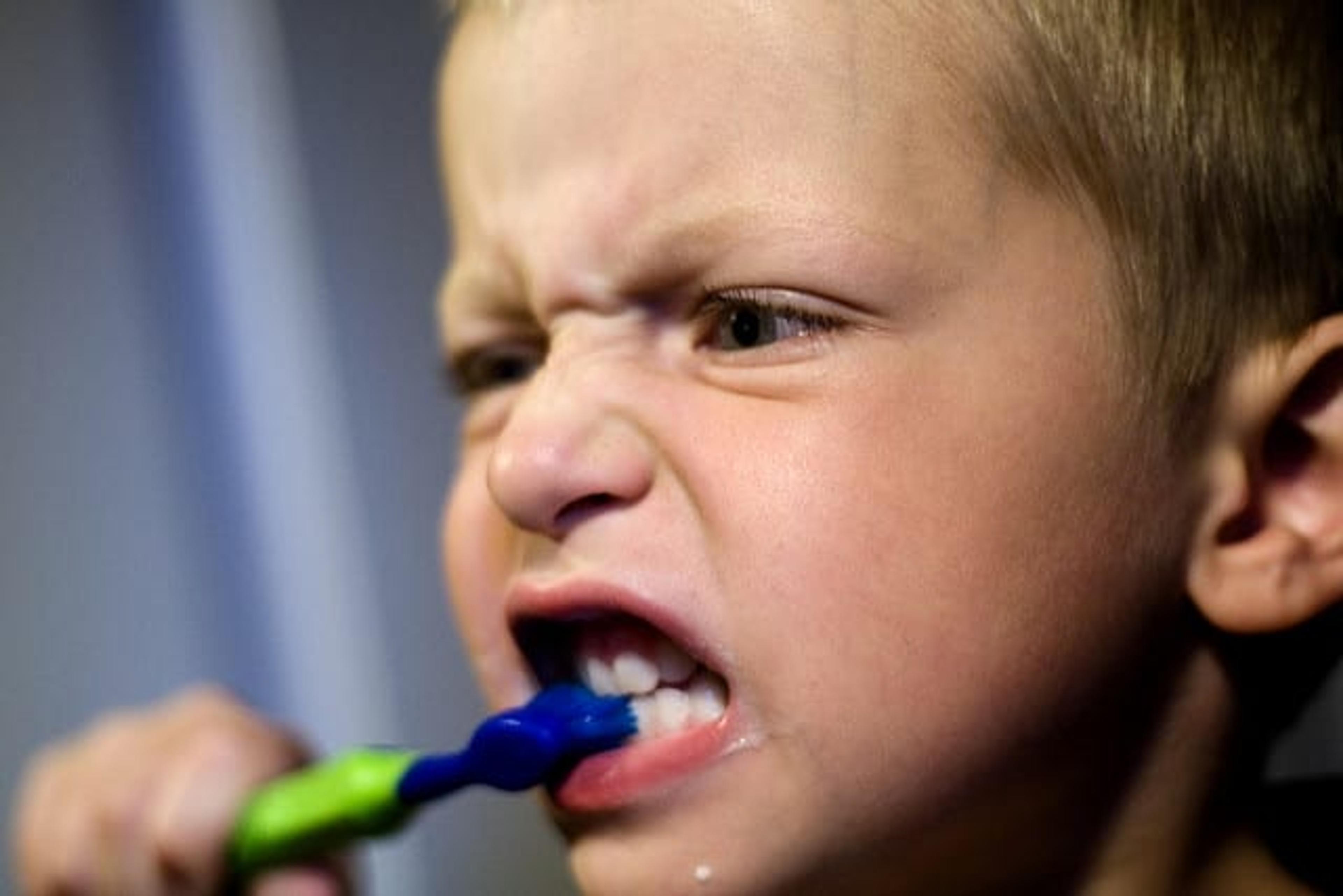Four keys to healthy teeth

Michael Lewis II
| 2 min read

As an adult, I’m sure you remember those cliche cartoon videos that teach you about oral hygiene. They show you how to take care of your teeth using fun songs and dances. The videos help children, but aren’t as effective for adults who have put those good habits on the back burner. No worries, here are some tips to help get you back on track to good oral hygiene.
There are a number of ways to keep your teeth shining bright and holding strong.
1) Be sure to brush twice a day
If you have a busy schedule, it is easy to rush and forget to brush your teeth. To make matters worse, you may put it off in the evening. Brushing your teeth twice a day is an essential part of your oral hygiene. It halts plaque build-up in the mouth that can lead to diseases like gingivitis and the almighty halitosis.
2) Use the Right tooth Brush
The right tooth brush can significantly impact your oral health. A toothbrush is personal, which is why they come in many shapes and sizes. This is based on things like the size and sensitivity of your mouth. If your mouth is smaller, you may prefer a youth toothbrush. The type of bristles a toothbrush has an effect on how well your toothbrush cleans your teeth, without causing damage. Typically, dentists suggest using a soft-bristle toothbrush. They are more flexible, and can reach hard-to-reach places, they also do less damage than hard bristles. Hard bristles are likely to cause gum irritation and may even cause damage to the tooth surface.
3) Ditch the Soda
There’s nothing like cold soda to refresh you on a hot summer day. There is also nothing like the feeling of worn teeth after acids eat away at them. Phosphoric acid and citric acid are known for giving soda its strong taste, but more than a can a day softens your tooth enamel leaving you more susceptible to cavities. In short, get rid of the soda and drink some water, it may be boring, but there are ways to spice it up a bit.
4) Don’t forget to floss
Every dentist has one question in common when talking to their patients: “Have you been flossing your teeth?”Flossing actually does 40% of the work needed to remove bacteria, or plaque, from your teeth. Leftover plaque generates acid, which can lead to cavities, irritate the gums, and result in gum disease.
Photo credit: clappstar





